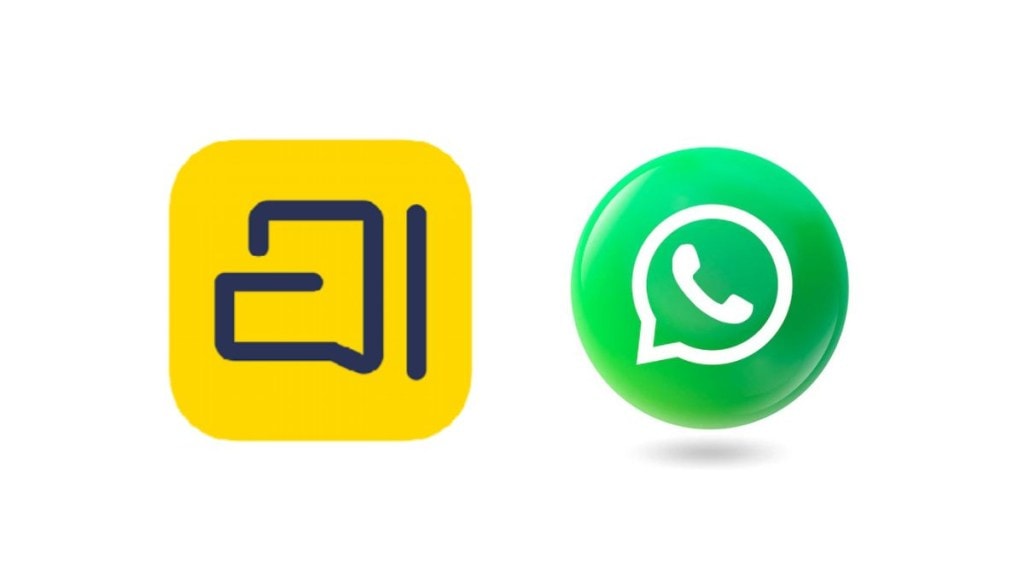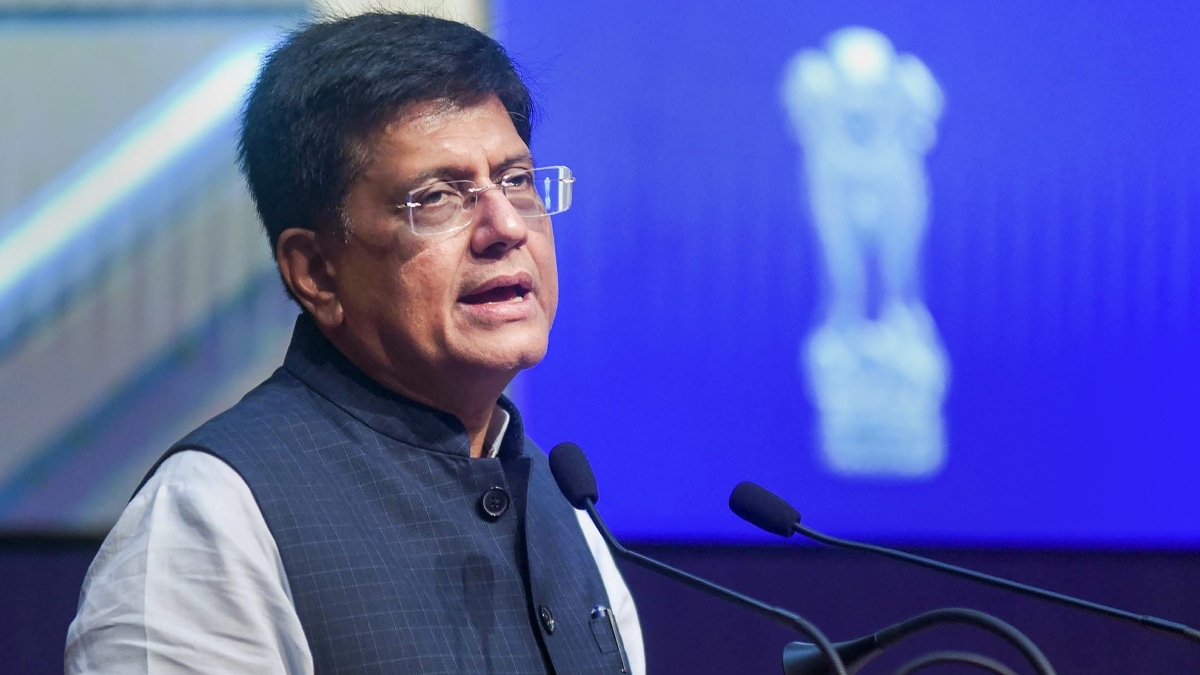Arratai, the instant messaging app made by Zoho, is giving stiff competition to WhatsApp. The Made In India alternative to WhatsApp is at number one position in social networking category on App stores. However, there is a roadblock in the adoption of Arattai’s massive adoption plan, which is the absence of a safety feature called end-to-end encryption.
Arattai vs WhatsApp: Privacy Hurdle?
Many users are asking if Zoho plans to provide end-to-end encryption for chats. Although Arattai provides end-to-end encryption for Video and Voice Calls. For Chats, it is still not available, which might make it a deal-breaker if Arattai wants to give competition to WhatsApp. Potential users of the app are having second thoughts on switching from WhatsApp to Arattai without this feature.
Without E2EE, messages can be intercepted or read by hackers, network providers, or even internal employees if servers are compromised. Therefore, it becomes a very pivotal feature in protecting the privacy of users. Moreover, people today expect E2EE as a default feature. Apps that don’t have it often face criticism or lose trust quickly, especially when compared to WhatsApp, Signal, or iMessage.
In many regions, lack of encryption can raise regulatory and reputational issues, especially for enterprise or cross-border communications. Zoho Co-founder needs to provide clear information about the launch of the encryption feature. Similar to what he did on the issue of the storage of Indian Customer Data
Other Privacy issues?
Zoho Co-founder Sridhar Vembu’s comments assured Indian users of data privacy, which come amidst the backdrop of Arattai’s massive success. The app’s daily sign-ups have soared from 3,000 to 350,000 within only three days, a staggering 100-fold increase.
“We are proudly ‘Made in India, Made for the World’ and we mean it,” Vembu wrote. While to handle app traffic, he said, “We are adding infrastructure on an emergency basis for another potential 100x peak surge. That is how exponentials work,” he wrote on X, noting that the growth came months ahead of a planned November rollout of new features and marketing campaigns.
India’s homegrown messaging app Arattai has surged past prominent global rivals to claim the top spot in app store rankings. This is a milestone that highlights both its growing appeal and the pressure that comes with it.
Why the Sudden Surge?
Originally launched in 2021 by Zoho, Arattai (the Tamil word for “chat” or “chit‑chat”) was until recently, considered an experimental project. But in the current climate with rising concerns about data privacy, global surveillance, and “tech sovereignty”. Arattai’s positioning as a “spyware‑free, made‑in‑India” messenger has resonated with Indians.
The momentum gained traction when India’s Union Education Minister, Dharmendra Pradhan, publicly urged citizens to favour local digital platforms, citing Arattai among the recommended apps. Simultaneously, high‑profile tech voices such as Vivek Wadhwa tried it out and praised its polish even calling it “India’s WhatsApp killer” in messaging feel.
Growing Pains: Infrastructure Under Strain
With its sudden rise, Arattai is facing challenges typical of overnight sensations. Zoho has acknowledged issues such as delayed OTPs, slower contact sync, and occasional lag during sign‑ups, all due to the surge in server load. The company says it is “working hard to expand servers” and hopes to mitigate these glitches within a few days.








